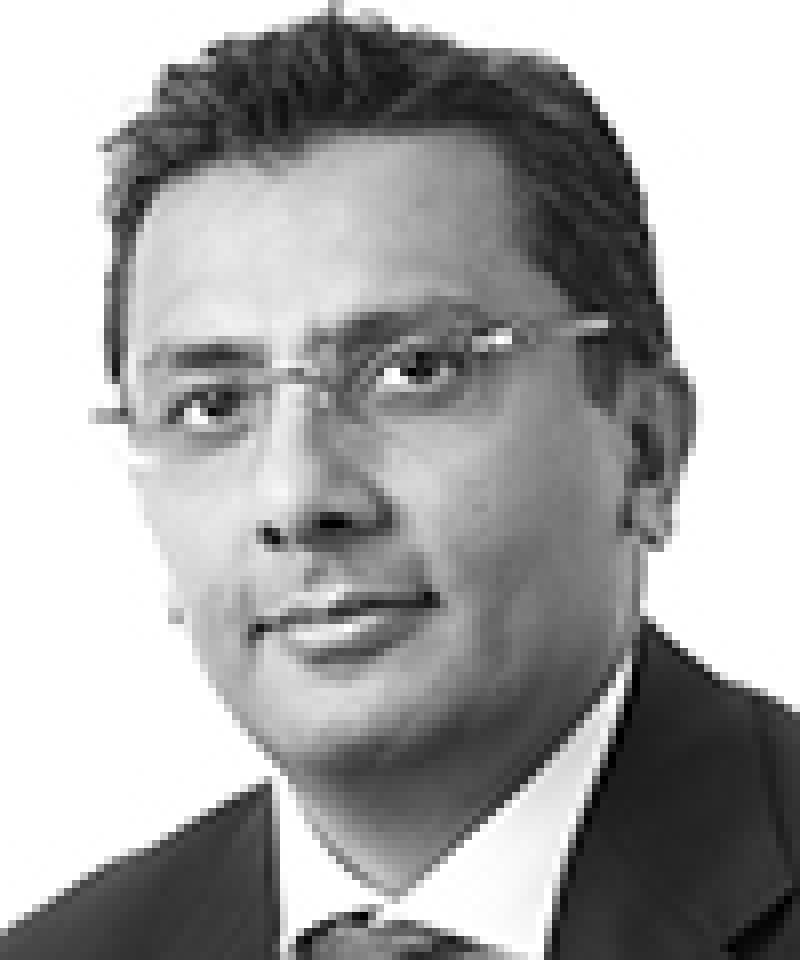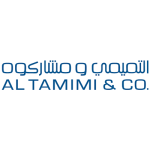
|
Rafiq Jaffer |
In response to the financial crisis leading to the collapse of Lehman Brothers, the Basel Committee on Banking Supervision issued a comprehensive set of reform measures. They were developed to strengthen regulation, supervision and risk management of the banking sector. The Committee's stated objectives were to: (a) improve the banking sector's ability to absorb shocks arising from financial and economic stress, whatever the source; (b) improve risk management and governance; and (c) to strengthen banks' transparency and disclosures. One of the key recommendations of the Committee related to the necessity for higher global minimum capital standards for commercial banks
In response the Qatar Central Bank issued Circulars 3/2014 relating to conventional banks and 6/2014 relating to Islamic banks (Capital Regulations) implementing minimum capital adequacy requirements in accordance with the Basel III Framework. In summary, banks in Qatar are required (from March 31 2014) to maintain a minimum capital adequacy ratio (aggregate of Tier 1 and Tier 2 capital) of 12.5%. The total minimum Capital Adequacy Ratio should consist of Tier 1 Capital (the aggregate of common equity Tier 1 capital and Additional Tier 1 capital) of at least 10.5%. The Capital Regulations also specified an implementation timetable between 2014 and 2019.
Features of Additional Tier 1 bonds and sukuks
The Capital Regulations specify certain criteria that should be met by banks for their debt issuances to qualify for inclusion as additional Tier 1 capital. The following are the significant features of such issuances.
The instruments should be subordinated to depositors, general creditors and subordinated debt of the bank, should not be secured or guaranteed and they should be perpetual (there is no maturity date and there are no step-ups or incentives to redeem).
The instruments may be callable at the initiative of the issuer only after a minimum of five years. To exercise a call option, the issuer must receive prior approval of the Qatar Central Bank; and (ii) the issuer must not do anything which creates an expectation that the call will be exercised.
In terms of coupon discretion: (i) the Qatar Central Bank and the issuer must have full discretion at all times to cancel distributions and payments; (ii) cancellation of discretionary payments must not be an event of default; (iii) the issuer must have full access to cancelled payments to meet obligations as they fall due; (iv) cancellation of distributions and payments must not impose restrictions on the bank except in relation to distributions to common stockholders; and, (v) the instruments must not have credit-sensitive dividends, that is the coupon that is reset periodically should not be based in whole or in part on the issuer's credit standing.
The terms of the instrument must contain a provision that requires such instruments, at the option of the Qatar Central Bank, to either be written off or converted into common stock upon occurrence of the following events: (i) the issuer would become non-viable without the write-off; (ii) the decision to make a public sector injection of capital, or equivalent support without which the issuer would become non-viable.
The primary draw of such instruments is the quality of the bank that is the issuer and higher (anticipated) coupon payments. These instruments have been widely issued by banks in the GCC (Gulf Cooperation Council) and market participants expect issuances to continue in the near future.
Rafiq Jaffer


